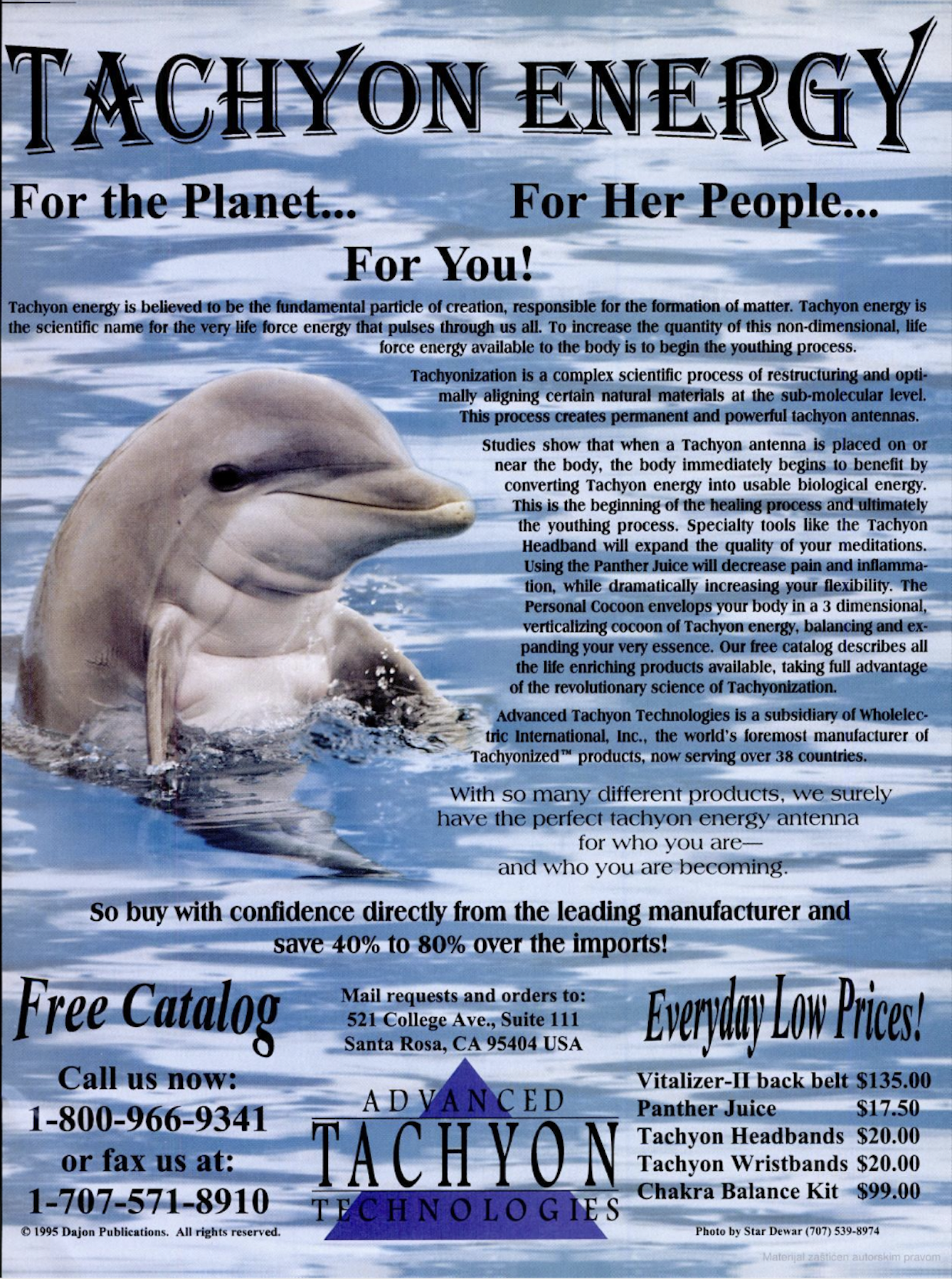Simon flew through the finish line and immediately collapsed, face down on the track.
“You all right, Si?” It was his sister Margot, standing over him and holding a stopwatch.
Simon lay there on the ground, gasping for breath. “heave… heave… TIME? heave…”
“Oh right,” Margot said. She looked at the stopwatch. “Three minutes, 59.7 seconds. That seems good. Is that good?”
Simon kept heaving for breath, face flat on the ground. Gradually his hands curled into fists and his heaves turned into sobs. “I did it… I DID IT…”
Simon’s Jack Russell terrier, Sergeant, came over and sniffed his master’s feet. Sergeant followed the scent away into the grassy, wildflower-covered field in the middle of the track.
“I don’t mean to rush you Si,” Margot said, “but could you maybe hurry it up? We’ll be late for lunch. And you know how mum gets whenever we’re late.”
And that’s all the detail that’s been preserved about this historic event.
Because historians love to study and celebrate Roger Bannister, the first man to run the four-minute mile, back in 1954.
But practically nobody studies or even remembers Simon Lannister, the 34th man to run the four-minute mile, only a few years later, in 1958.
And I suspect it will be the same with me and my achievement yesterday.
Because yesterday, I got banned from r/copywriting.
The context is that over the past few days, I’ve been rewarding people who share links to my Copy Riddles optin page.
And that’s why Sonam Zahrt-Tenzin, a copywriter who’s already gone through the Copy Riddles program, put together a nice writeup of his experience and posted it on the r/copywriting subreddit.
But when I went to read it a few hours later, it was “[removed].” In fact, a post at the top of r/copywriting said any links to me and any of my stuff are now banned because there have been too many of them over the past few days.
You might think this is a failure but:
I’m grateful to Sonam and to all the other people who shared links to my site.
Like I said, I doubt history will remember our collective achievement in getting me banned from r/copywriting. I’m certainty not the first to break through that barrier — I believe that was Daniel Throssell, and probably other people after him.
Even so, it’s been an achievement for me. And I don’t mean that in a perverse, “good is bad, bad is good” sense.
I mean it in the sense that I’ve seen a nice bump in new subscribers over the past few days.
In fact, I saw a bump on top of that bump after the “banned” post appeared at the top of r/copywriting. And since that post is sitting there still, I’m guessing it will send a few more people to check out my site.
What’s more, I imagine this promo campaign will bring me knock-on benefits and name exposure, which will only be obvious in weeks and months to come.
That’s the achievement I’m happy about.
Now, as you might have noticed if you’ve been reading my emails for a while, I’m not a person who particularly craves attention, controversy, or conflict.
But the fact is, if you do anything in life… besides drumming your fingers on the table and watching the seasons change outside your window… then soon enough, you will run into resistance, whether internal or external.
In my experience, the only thing to do at that point is to give it the old Simon Lannister:
Keep putting one foot in front of the other, if for no other reason than that you’ve set your mind to it. And once you’re done, pick yourself up from the track, and rather than dwelling on your achievement or the resistance you encountered, go get lunch, and then move on to the next goal in your life.
For example:
Even though Daniel was the first to get banned from many choice locations on the Internet… I’m sure other virgin forums, groups, and communities remain.
So if you’d like to help me get the word out about this newsletter, and possibly get banned somewhere new, then take a look at the link below.
I’m offering a bribe in exchange for your help. But if the bribe doesn’t turn you on, ignore it. And if you want to help me out just for the sake of helping me out, I’ll be grateful to you. Here are the full details:

